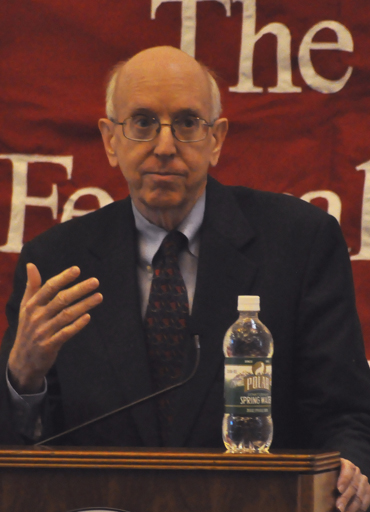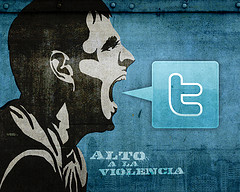Social Media
Browse by Subject
- Defamation (588)
- Copyright (511)
- Legal Threat (507)
- Free Speech (411)
- Blogs (315)
- Section 230 (309)
- Anonymity (301)
- Social Media (297)
- Citizen Journalism (286)
- Newsgathering (286)
- Fair Use (280)
- Criminal (279)
- Journalism (266)
- Access to Gov't Information (242)
- Third-Party Content (239)
- Censorship (230)
- Twitter (229)
- Privacy (213)
- CMLP (211)
- Trademark (189)
- DMCA (162)
- Shield Laws (149)
- Access to Courts (148)
- Prior Restraints (120)
- FOIA (107)
- SLAPP (105)
- Cyberbullying (89)
- Elections and Politics (88)
- Legal Guide (84)
- Recording Others (83)
- User Comments or Submissions (82)
- Terms and Conditions (80)
- Publication of Private Facts (80)
- Right of Publicity (79)
- Subpoenas (78)
- Advertising (77)
- Consumer Ratings and Reviews (59)
- Intrusion (54)
- False Light (54)
- Student Speech (54)
- Gripe Sites (51)
- Congress (49)
- Hot News Misappropriation (47)
- Resources and Tools (45)
- Open Meetings (43)
- Children (42)
- Linking (41)
- Computer Fraud and Abuse Act (41)
- Obscenity (36)
- Access to Places (35)
- Business Torts (33)
- Identity (33)
- Aggregation (33)
- Trade Secrets (30)
- Trade Libel (25)
- Personal Jurisdiction (24)
- Licensing (24)
- Business Formation (23)
- Taxes (22)
- Sanctions (21)
- Employee Blogs (20)
- Domain Names (19)
- Real Estate (17)
- Retractions and Corrections (15)
- Credentials (15)
- DMLP (13)
- Cyberstalking (13)
- Reviews (11)
- Insurance (11)
- Hate Speech (11)
- Misappropriation (11)
- Establishment Clause (10)
- Government Speech (9)
- Website Design (7)
- Statute of Limitations (4)
- Science (3)
- Patent (2)
Recent Blog Posts
-
10 years 7 months ago
-
10 years 7 months ago
-
10 years 8 months ago
-
10 years 8 months ago
-
10 years 9 months ago
-
10 years 9 months ago
-
10 years 9 months ago
-
10 years 10 months ago
We are looking for contributing authors with expertise in media law, intellectual property, First Amendment, and other related fields to join us as guest bloggers. If you are interested, please contact us for more details.


 The Arkansas Supreme Court has reversed
a murder conviction – and death sentence – in a case where one juror
tweeted during trial, while another fell asleep. Both these problems,
the court said, constituted juror misconduct requiring reversal and a
new trial.
The Arkansas Supreme Court has reversed
a murder conviction – and death sentence – in a case where one juror
tweeted during trial, while another fell asleep. Both these problems,
the court said, constituted juror misconduct requiring reversal and a
new trial.  When web developer
When web developer  In what is now their
In what is now their  The U.S. Department of State maintains a
The U.S. Department of State maintains a  Imagine you live in a country where criminal attacks on civilians are alarmingly familiar, and reliable reporting from the local media is regrettably unfamiliar. You hear about an attack on your local school, so you take to the Internet to spread the word on Facebook and Twitter to warn people before it's too late. Mercifully, the report you heard was mistaken, and everything's okay...
Imagine you live in a country where criminal attacks on civilians are alarmingly familiar, and reliable reporting from the local media is regrettably unfamiliar. You hear about an attack on your local school, so you take to the Internet to spread the word on Facebook and Twitter to warn people before it's too late. Mercifully, the report you heard was mistaken, and everything's okay...
 If you thought a spat between Buddhists couldn't devolve into a federal cyberstalking case of dubious constitutionality, consider the following.
If you thought a spat between Buddhists couldn't devolve into a federal cyberstalking case of dubious constitutionality, consider the following.
 When the
When the 